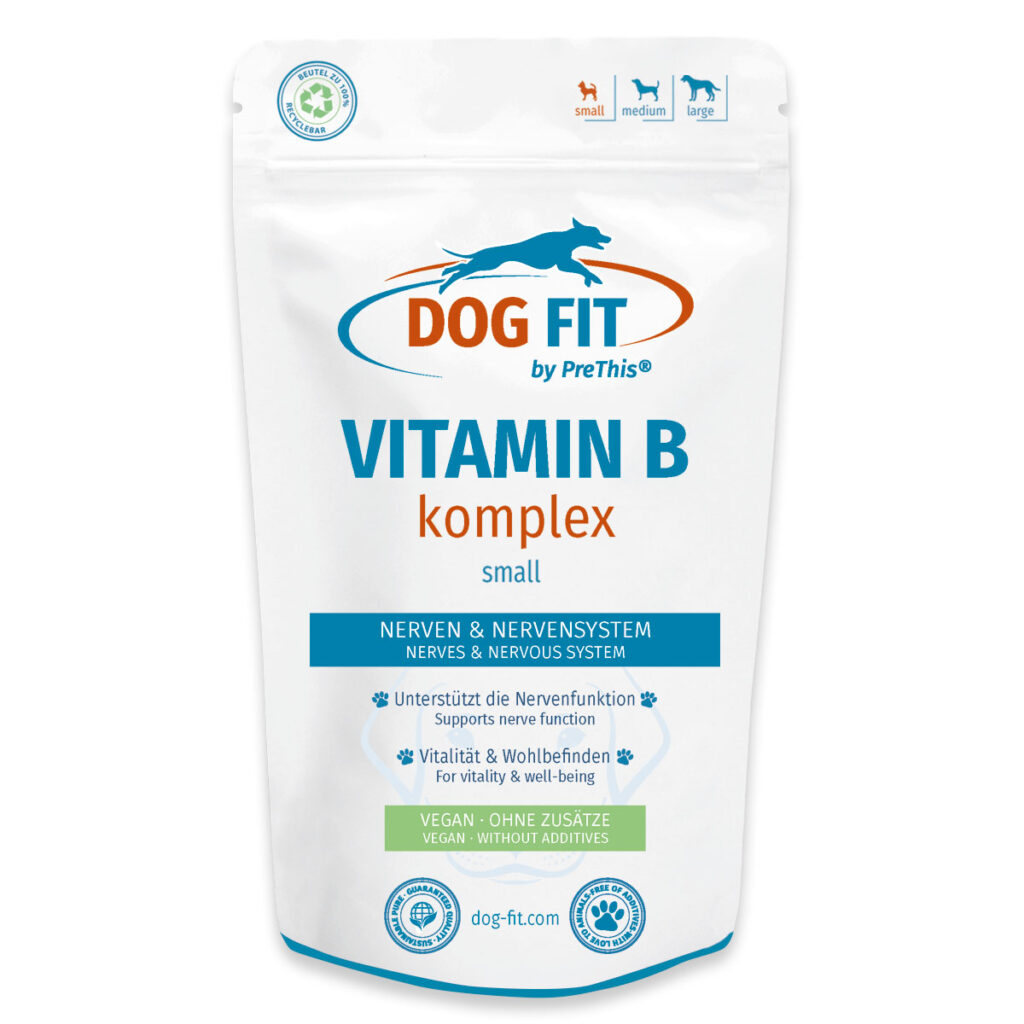Polyradiculitis in dogs

Polymyositis is a rare autoimmune disease that can occur in dogs. It is an inflammatory disease in which the dog’s immune system mistakenly attacks its own tissues in the body. A subtype of polymyositis is polyradiculitis, which affects the dog’s peripheral nervous system. We will now go into more detail about the causes and treatment options for this disease.
Causes of polyradiculitis
The exact causes of polyradiculitis in dogs are not yet fully understood. It is thought that the disease is caused by a misguided immune system attacking the peripheral nerves. A genetic predisposition could also be responsible for the fact that some dogs are more susceptible to the disease than others.
Symptoms of polyradiculitis
The symptoms of polyradiculitis vary depending on the severity of the disease. The first signs may be general weakness and a decrease in appetite. Later on, movement disorders, paralysis and muscle wasting may occur. Often there is also pain and sensitivity to touch. As these symptoms can also occur with other diseases, it is important to consult a veterinarian for an accurate diagnosis.
Treatment of polyradiculitis
Polyradiculitis in dogs cannot be cured. Treatment is aimed at alleviating the symptoms of the disease and slowing its progression. An important part of the treatment is the administration of vitamin B complex, as this supports the dog’s nervous system and promotes the regeneration of the nerves. Another option is the administration of corticosteroid medication to suppress the inflammatory response in the body. Physiotherapy treatment can also help to alleviate the symptoms and help the dog recover.
Support through micronutrients
Our product DOG FIT by PreThis® VITAMIN B contains a balanced vitamin B complex that is specially adapted to the needs of dogs. This can help to support the dog’s nervous system and promote the regeneration of damaged nerves. If polyradiculitis is suspected in dogs, the administration of DOG FIT by PreThis® VITAMIN B can be a sensible addition to the treatment in consultation with the vet.
